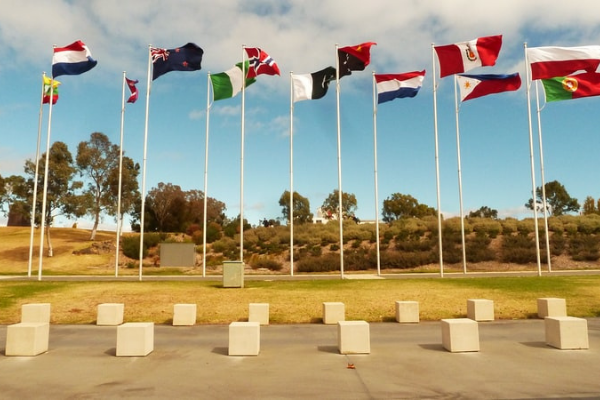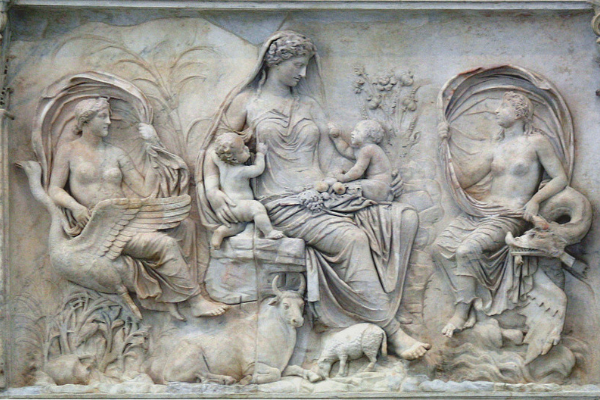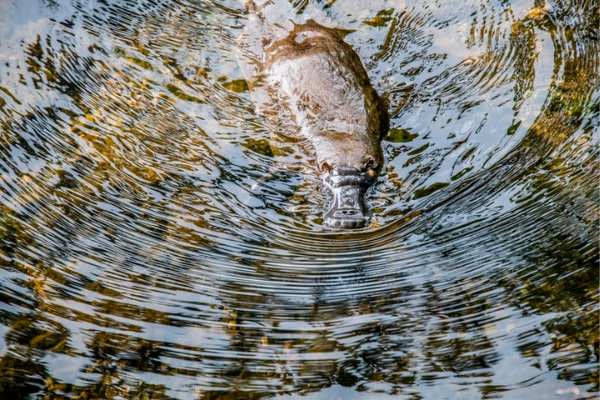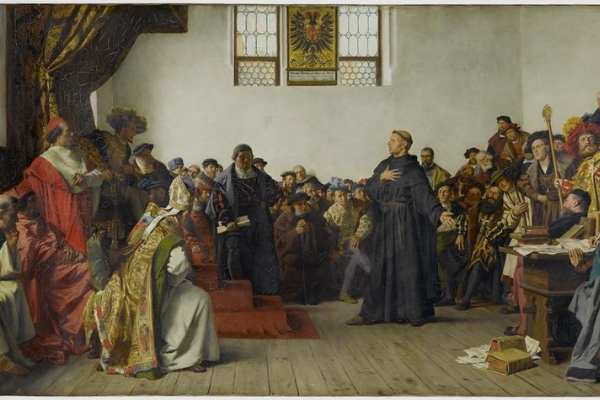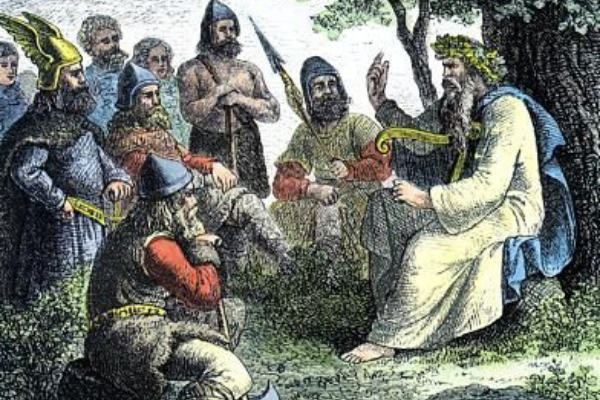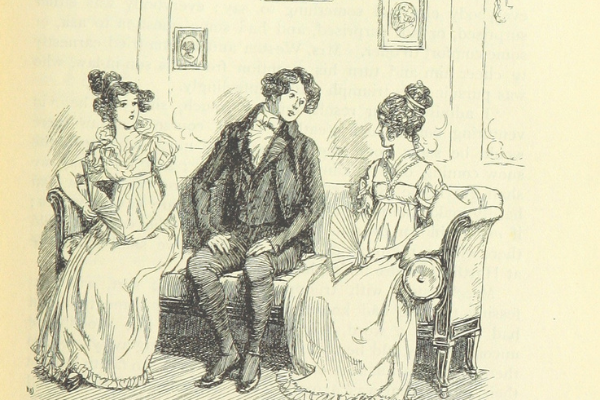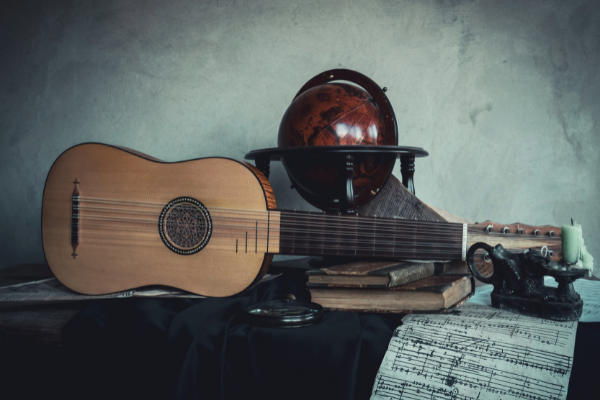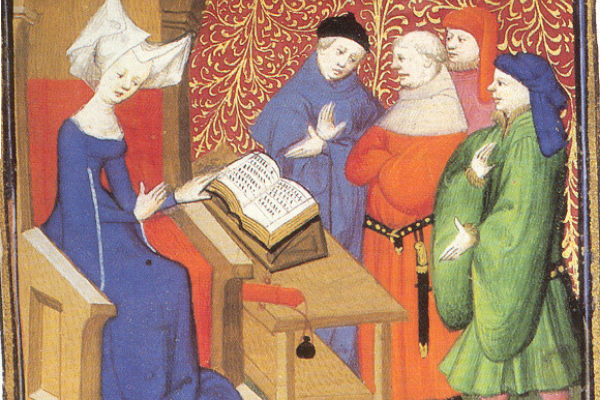What if you could communicate with anyone in the world, regardless of language and culture, with just 65 words? That’s what the Natural Semantic Metalanguage has been developed to achieve.
Power of the humanities
Explore stories about the social benefits and impact of the Humanities and the remarkable outcomes that can be achieved when humanities researchers collaborate on national and global challenges. Visit our Newsroom to explore stories about our people, community and research.
What are microliths? Debate has raged about their age, origin and uses, but now researchers have used them to demonstrate that Indigenous Australians were fashioning these types of tools at least as far back as the last Ice Age.
Until about thirty years ago Australia, like many other countries, did not have a formal language policy. Now, multilingualism has become a crucial and defining part of the fabric of society in Australia, along with cultural diversity.
The work of pioneering Australian historian Beryl Rawson reveals that ancient Roman family culture – from the celebration of new life, divorce, remarriage and funerary customs – has a lot in common with our lives today.
What links a once-maligned 19th-century French explorer, the humble platypus and Darwin’s theory of evolution? Thanks to groundbreaking work from Australian researchers, we now have a better understanding of the role that Australia and its unique flora and fauna played in the development of cultural and scientific understanding of our world.
How exactly did the Protestant Reformation – one of the last millennium’s defining moments, that splintered Western Christianity and paved the way for individualism, scepticism, civil rights, capitalism and modern democracy – gain currency among Europe’s common people? It all came down to satirical images and chats at the pub.
Kings and chieftains, pagan gods and goddesses, saints and apostles. The rich tradition of Skaldic poetry – which originated in Norway in the ninth century – has all this and more. Now, thanks to a large-scale international collaboration initiated and led by Australian researchers, the entire collection of surviving skaldic poetry will be available to be read and appreciated around the world.
Meet Sheila Fitzpatrick, a pre-eminent scholar on issues such as class, identity, education and social mobility of the Soviet Union in the 1930s.
One can only imagine what Emma Woodhouse would have thought of her carefully chosen words being run through a computer – but by doing just that, an Australian scholar pioneered a new field of literary studies, making it possible to identify authors of anonymous books, date written works, detect plagiarism and chart the evolution of a writer’s style.
Humans live happily with paradoxes, but what happens when a machine comes up against logical inconsistencies?
Think of Spanish music and you’ll probably think of flamenco, that sultry combination of song, dance and virtuoso guitar playing. But before the guitar came the vihuela, a stringed instrument that was all the rage in sixteenth-century Spain, during the country’s “Golden Age” of arts and culture.
You’ve heard of Aristotle and Descartes, but what about Christine de Pizan and Gabrielle Suchon? Contrary to popular belief, many women have made important contributions to the field of philosophy since late medieval times.



